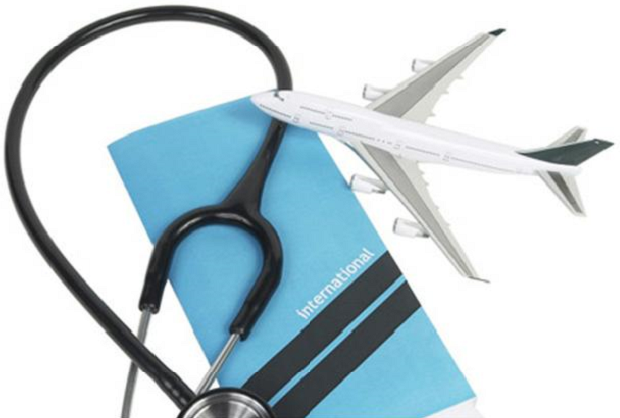Medical tourism on steroids

“Huduma zote za utafsiri kwa wagonjwa wa kimataifa ni za kusaidia. Hupaswi kulipa kwa sababu ya huduma yoyote ya mtafsiri.”
The same sentence that informed Swahili readers on the availability of free translator services was replicated in Russian, French, Portuguese plus five other Asian language scripts and was posted high on the wall at the International Patients Lounge of a Delhi hospital.Adjacent to it was amuch bigger notice board that provided details of over a hundred guest houses and hotels whose price ranged from US $ 15 to US$ 300 a night. Between Russians, Afghans, Kazakhstani nationals, Kenyans, Ugandans, Ethiopians,Tanzanians, Nigerians and Zambians, the lounge is a veritable mini United Nations of arriving international patients seated in rows of seats not too different from a railway station waiting area.
The Indians have nailed medical tourism down pat. It’s not anoh-by-the-way you can pop into a hospital when you get to an Indian city. The “international” hospitals have a dedicated wing for international patients that organizes their visa invitation letters, airport pickup, hotel reservations, money exchange, translator services and provide a dedicated hospital staffer to walk the visitor through each and every part of their check-up and fast track the international patient past the hundreds of local Indian patients. This particular hospital that is the subject matter of today’s column even has a local office in Nairobi with regular visiting specialists. Dr. KR is an ear, nose and throat specialist who has specialized in robotics. “I’ve been to Kenya many times and have even trained some of your doctors on robotic surgery,” she says desultorily. When asked what tools she uses, she doesn’t miss a beat, “No tools. Kenya doesn’t have the tools so I teach the theory only. We have the best robotics here at this Delhi hospital.”
When you see the rates charged by the specialists, you understand why middle-class Africans are coming to India in droves. A whole body check-up which includes visits with a cardiologist, gynaecologists (for ladies), mammograms, ultrasounds, ECG tests etc costs $180 or Kshs 18,540. If you wish to see a specialist outside of the program, the specialist charges INR 1,000 or Kshs 1,600. What the Indians have successfully done is to leverage on their existing medical capacity due to their large volume of local needs, relatively low pricing and best in class medical technology to tweak it into a service export.
If we can’t beat them, let’s join them. Our local private medical industry has been anecdotally known to throw all manner of spoilers to the entry of the large Indian hospital groups. I don’t blame them; no business wants a bigger, more advanced and cheaper competitor at their doorstep chomping at their heels.
It may be a useful exercise to redesign our national policy on provision of medical services. With multitudes of Kenyans leaving the country, (to the extent that the Government now requires a Kenyan to provide the Indian High Commission with a letter from a doctor validating the need to go to India for medical services as part of the visa application documentation) we might consider creating an Export Processing Zone of sorts for medical services. We provide an area where the Indian hospitals can come and build facilities and provide their low-cost services to allow for Africans from other countries to come and enjoy the same. With our “no visa policy” for Africans, the benefits will be monumental for the hotel, taxi and ancillary services that come with foreign visitors. In order for this to be acceptable to local private medical providers, we could pass a rule that Kenyan citizens are not allowed to use the medical services except for surgical procedures of a specialized nature.
Of course there is the chance of controversy that other Africans are enjoying the benefits of world class medical services that local Kenyans are not. But the benefits can be spread by permitting local medical students as well as practicing doctors to undertake residencies and training programs at the medical EPZs to ensure that the technical knowledge is disseminated locally. I’m not a medic and will not attempt to know the solution to this, but judging from the African Union general assembly that I found at that Delhi hospital, there’s potential for Kenya to take its place as a regional medical center, while uplifting the local medical training and expertise that has caused its citizens, including senior government officials, to seek medical attention outside its borders.
[email protected]
Twitter: @carolmusyoka

 carolmusyoka consultancy
carolmusyoka consultancy
 @carolmusyoka
@carolmusyoka